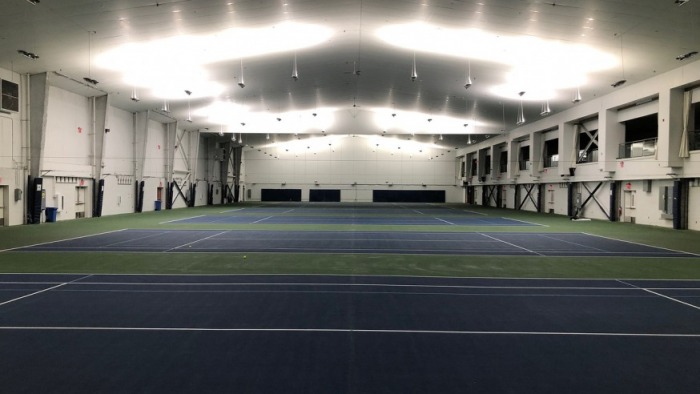
March 31, 2020 By Allie Griffin
A portion of the Billie Jean King National Tennis Center, the home of the U.S. Open, will be converted into a 350-bed temporary hospital as the coronavirus pandemic strains New York City’s hospital system.
The Flushing Meadows Corona Park arena will begin its conversion Tuesday, a spokesperson for the U.S. Tennis Association, which owns the tennis center, said.
“We’re here to help – no two ways about it,” the spokesperson said. “New York is our home, we’re all in this together.”
The beds will likely serve non-coronavirus patients.
The arena’s Louis Armstrong Stadium will also be used to package and prepare 25,000 meals daily for coronavirus patients, healthcare workers, pubIic school students and others in need.
The U.S. Open is still scheduled for August 24, despite the temporary conversion, the spokesperson said.
Queens is also getting a temporary hospital at the Aqueduct Racetrack to increase the city’s hospital capacity as the coronavirus puts more New Yorkers in the hospital.
One Comment

Don’t they mean Coronavirus Park?